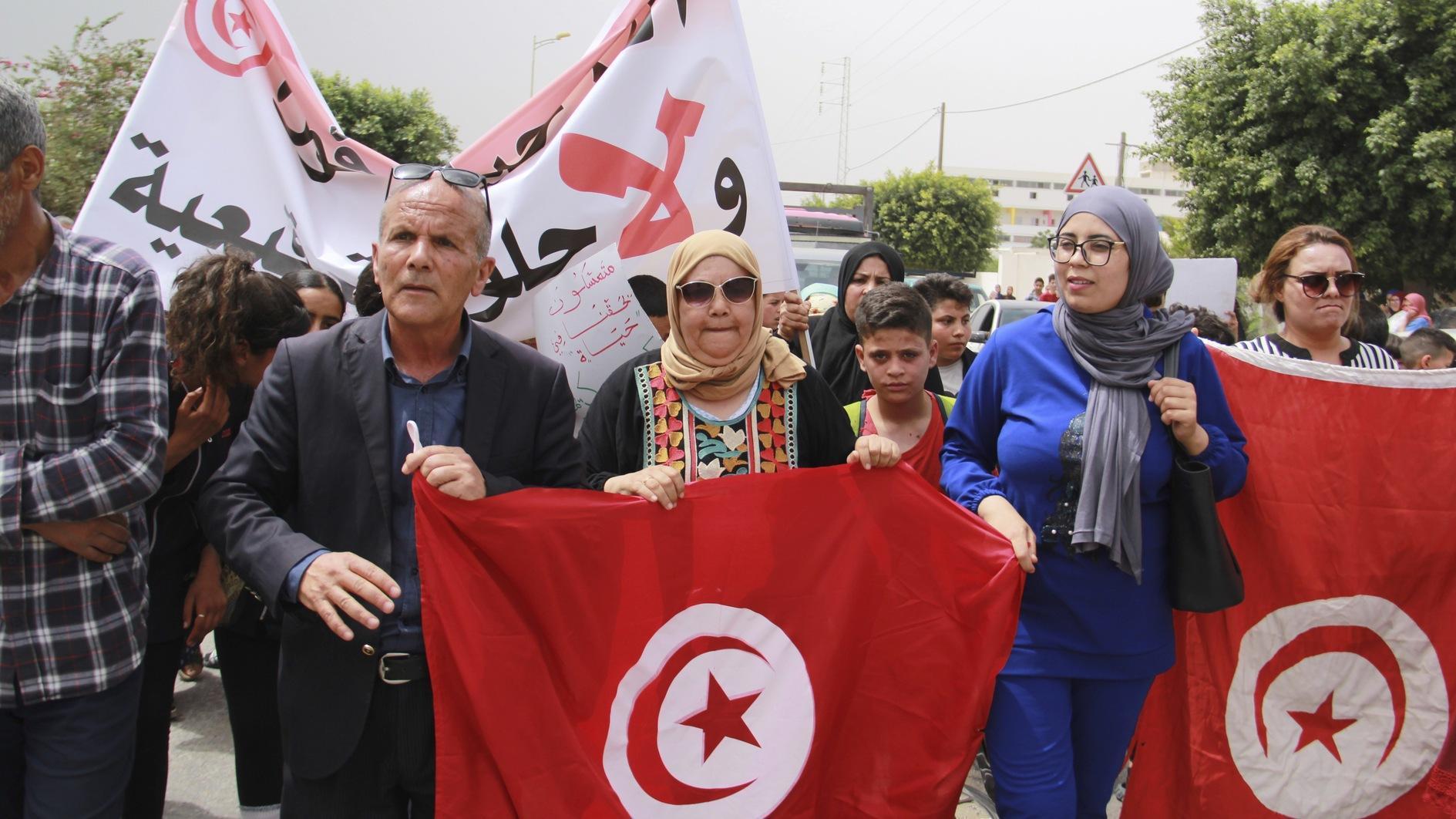US-Afghan troop deal edges closer after marathon talks
KABUL

Afghanistan's President Hamid Karzai (R) shakes hands with U.S. Secretary of State John Kerry after a news conference at the Presidential Palace in Kabul October 12, 2013. REUTERS photo
U.S. Secretary of State John Kerry and Afghan President Hamid Karzai have reached a preliminary agreement on a bilateral security pact that now depends on approval by Afghanistan’s tribal leaders.The pact, announced jointly by Kerry and Karzai after two days of talks in the capital, Kabul, would keep some U.S. forces in Afghanistan after 2014. It includes a key U.S. demand to retain legal jurisdiction over the troops that will remain in Afghanistan, which would give them immunity from Afghan law. It will be up to the country’s Loya Jirga, an assembly of elders, leaders and other influential people, to decide whether to accept it. “Tonight we reached some sort of agreements,” Karzai told a news conference on Oct. 12, speaking through an interpreter.
U.S. officials said they wanted the pact finalized by the end of October and Kerry’s visit was seen as a last-ditch effort to push the deal through before the deadline. The United States is insisting it cannot agree to a deal unless it is granted the right to try U.S. citizens who break the law in Afghanistan at home in the United States.
A senior U.S. administration official said the sides had agreed on language in the draft deal that covers the issue of immunity and “that can be put to his Loya Jirga for their consideration.”
“We need to say that if the issue of jurisdiction cannot be resolved, then unfortunately there cannot be a bilateral security agreement,” Kerry told a news conference. Karzai said the talks had focused on protecting Afghan sovereignty and that major differences had been resolved, including a U.S. request to run independent counter-terrorism missions on Afghan territory.
‘No singling out’
Such operations carried out by the United States have long infuriated the Afghan president, who had been demanding Washington agree to share intelligence instead. The jurisdiction issue came to the fore after an American soldier, Staff Sgt. Robert Bales, killed 16 people in two villages in southern Afghanistan last year. He was convicted in August by a military court and sentenced to life in prison with no chance of release.
Kerry explained that the issue should not be equated with immunity, as it is perceived by many Afghans. He said the United States would prosecute any wrongdoing and that similar agreements existed with many countries, like Japan and South Korea. “Wherever our forces are found, they operate under the same standard,” he said. “We are not singling out Afghanistan.”
The Afghan government rejected an initial U.S. proposal on immunity at the start of the year and it has been a sticking point ever since. The failure to reach a deal could prompt the U.S. to pull all its troops out after 2014, in an outcome known as the “zero option.” The collapse of similar talks between the United States and Iraq in 2011 - partly over the issue of immunity - led to the United States completely ending its forces’ mission there rather than maintaining a significant presence.
There currently are an estimated 87,000 international troops in Afghanistan, including about 52,000 Americans. That number will be halved by February and all foreign combat troops will be gone by the end of next year. The U.S. wants to keep as many as 10,000 troops in the country to go after the remnants of al-Qaeda, but if no agreement is signed, all U.S. troops would have to leave by Dec. 31, 2014.
















